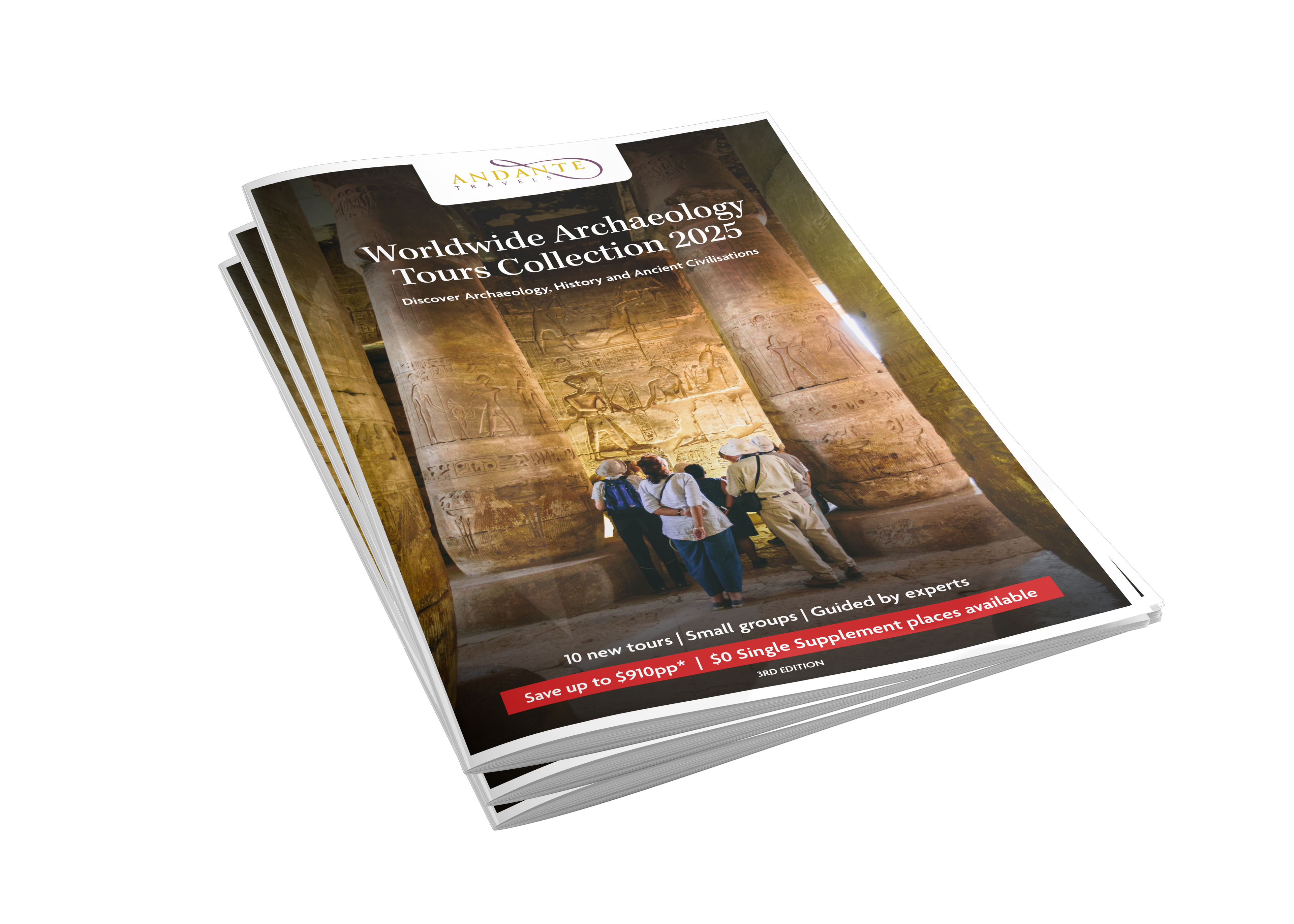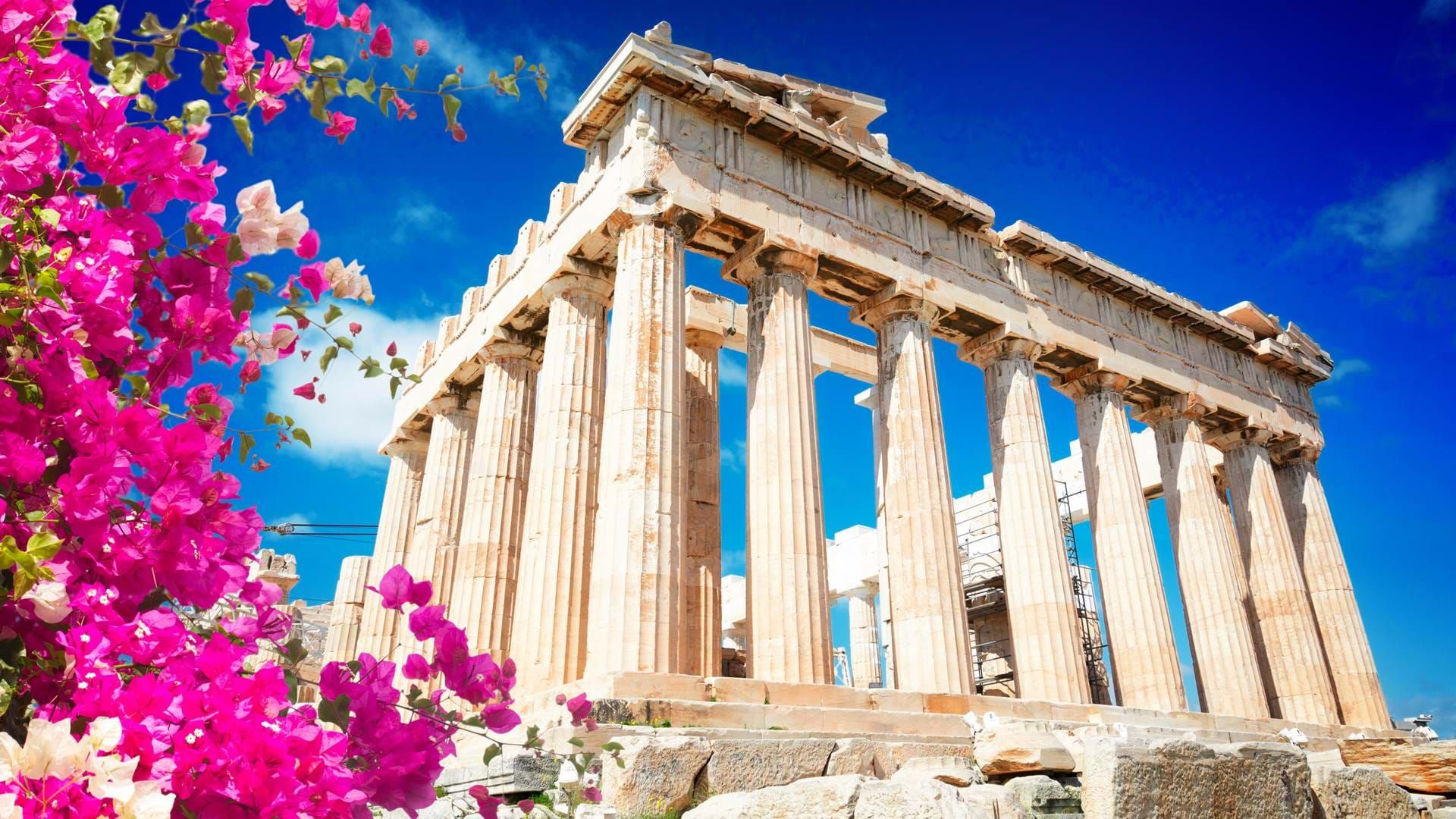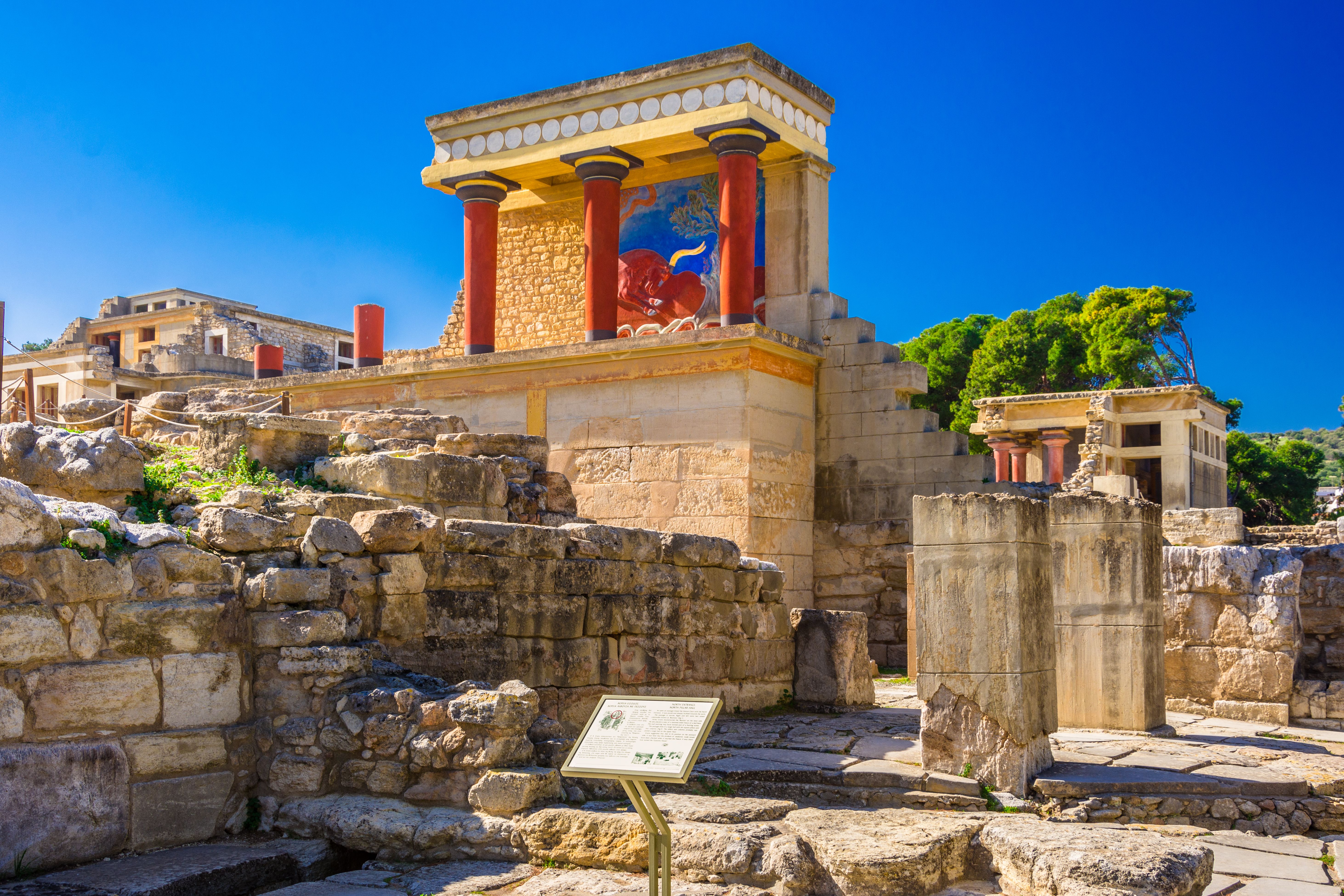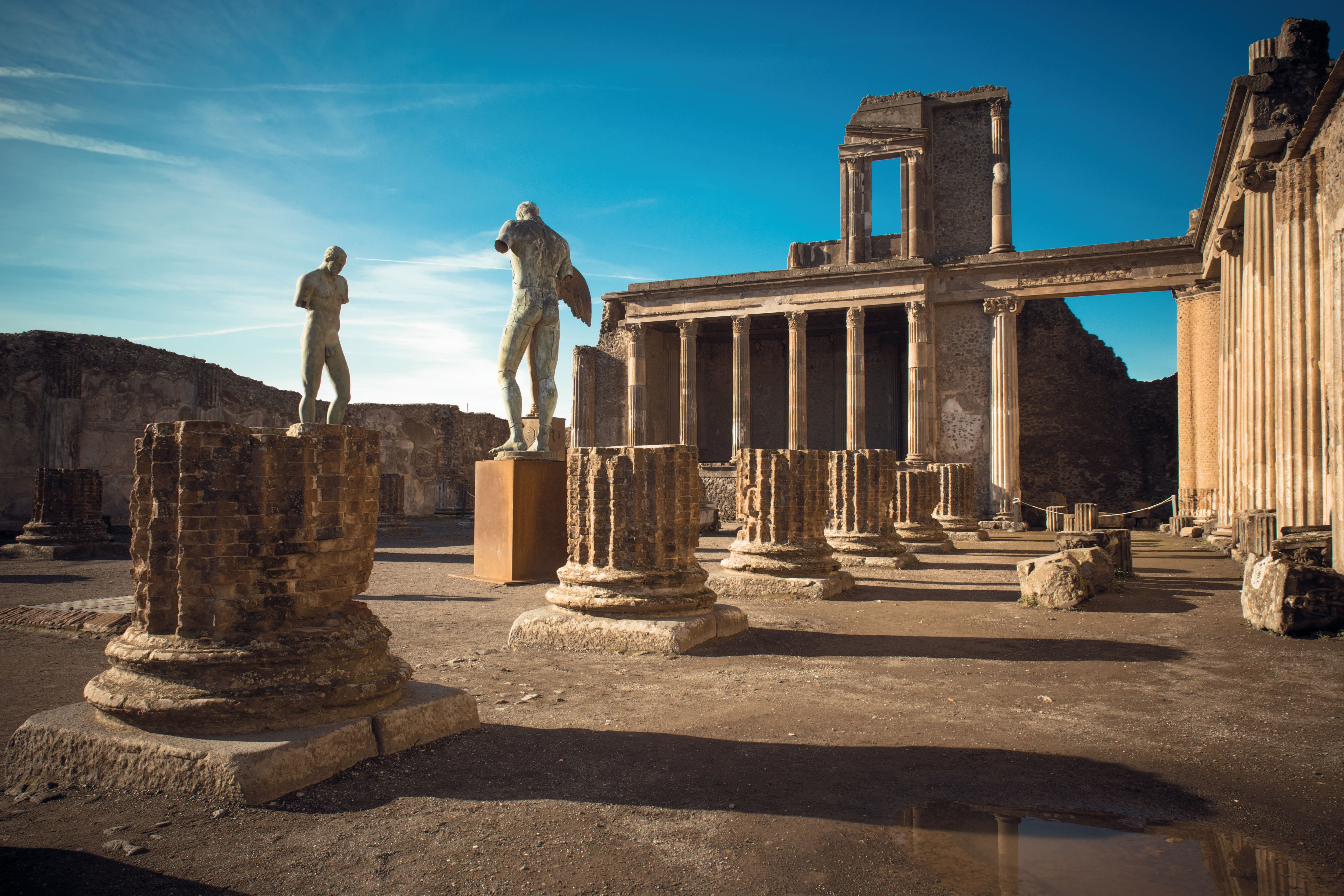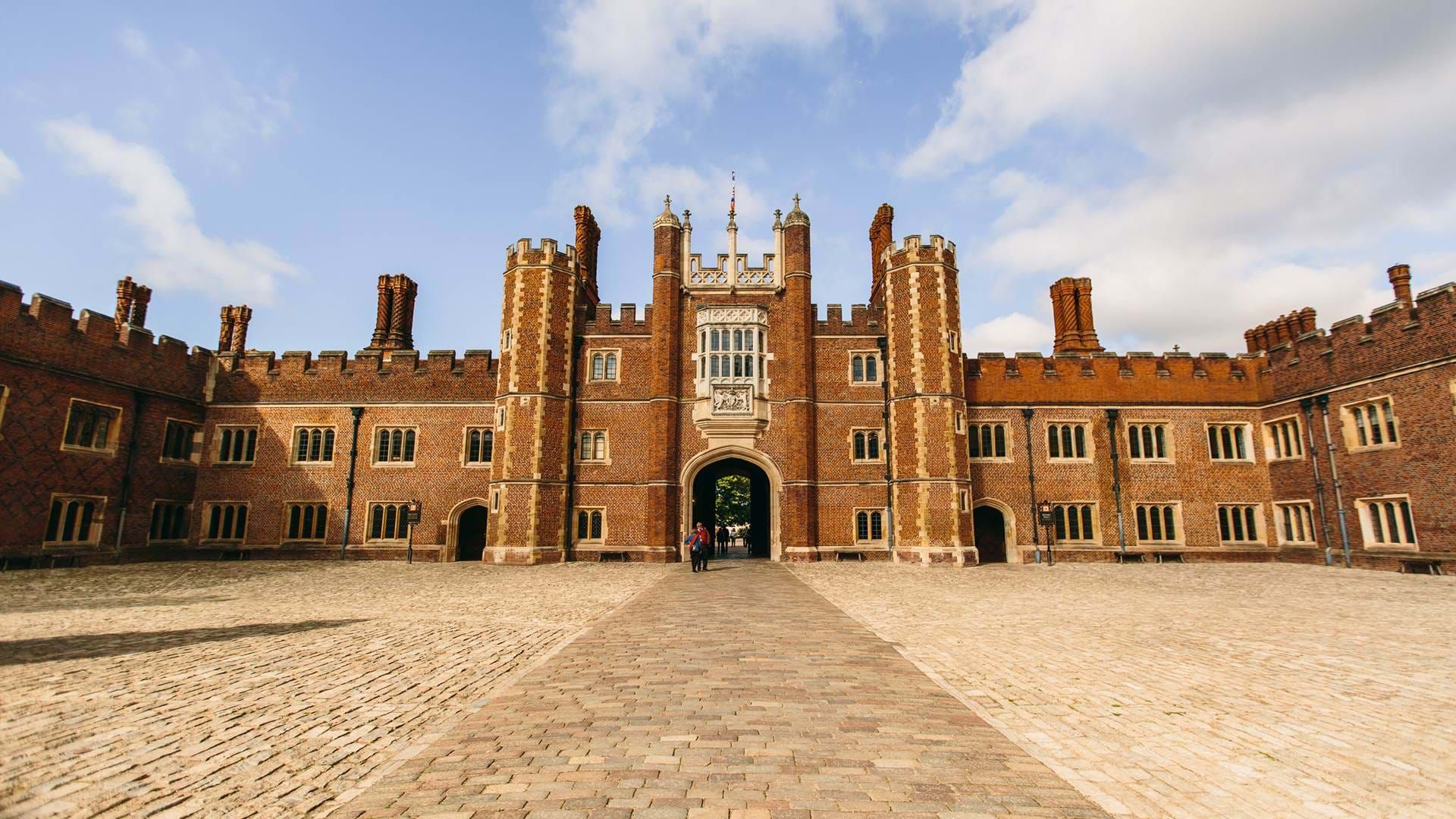Two European countries in particular, Italy and Greece, are crawling with world class sites and monuments. In Italy along there are 53 cultural World Heritage sites and a further 31 tentative listings, all of a staggering variety. From the white-tipped peaks of the Dolomites to the orange groves at the foot of Mount Etna, this destination offers a unique insight into our cultural past. And Greece, home to sun-bleached ruins and the setting for legendary heroes, is perhaps the ultimate destination for the historically curious traveller. Its famously beautiful island groups include the Dodecanese and Cyclades whose importance lies way beyond their stunning sun kissed seascapes.
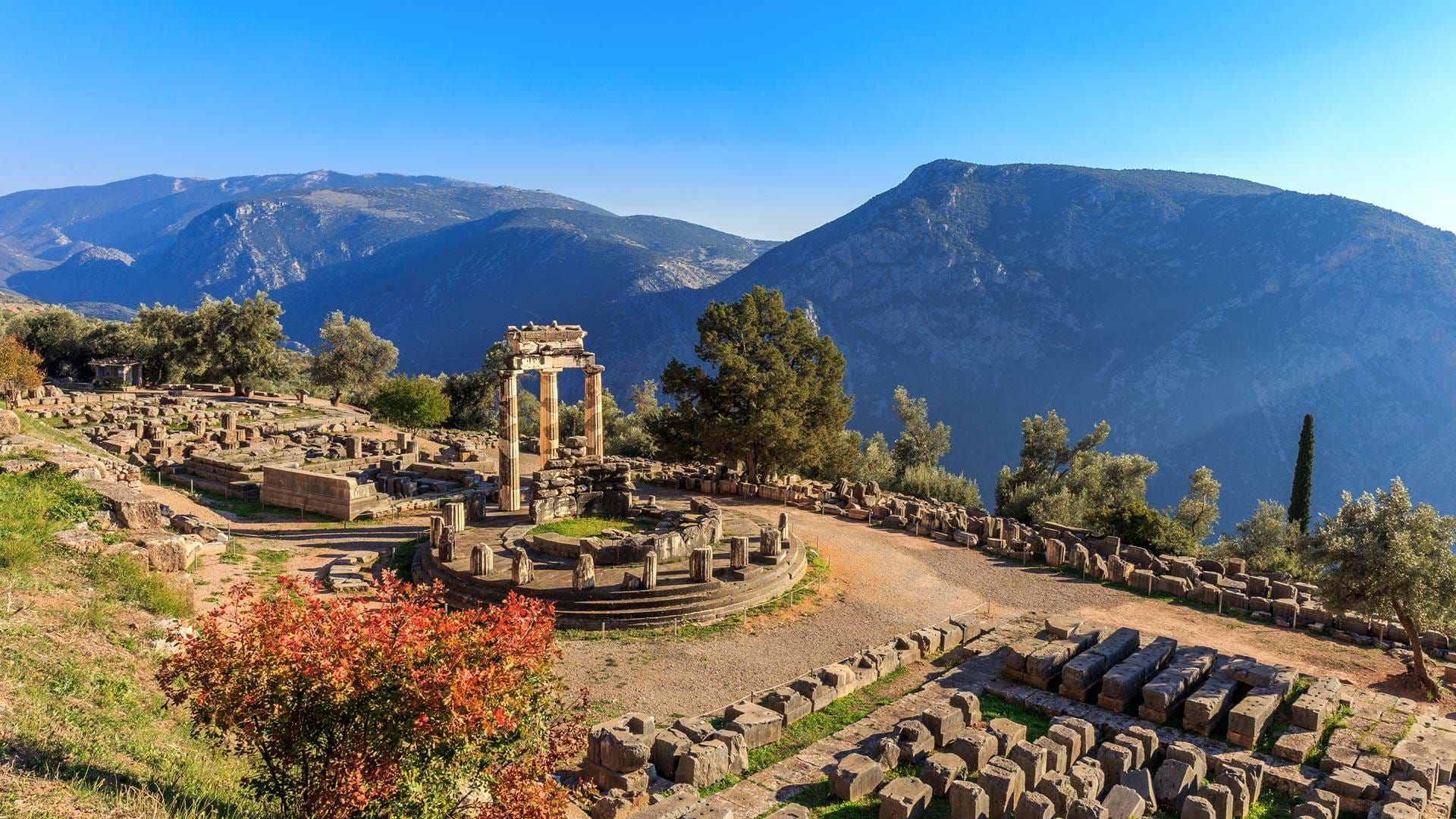
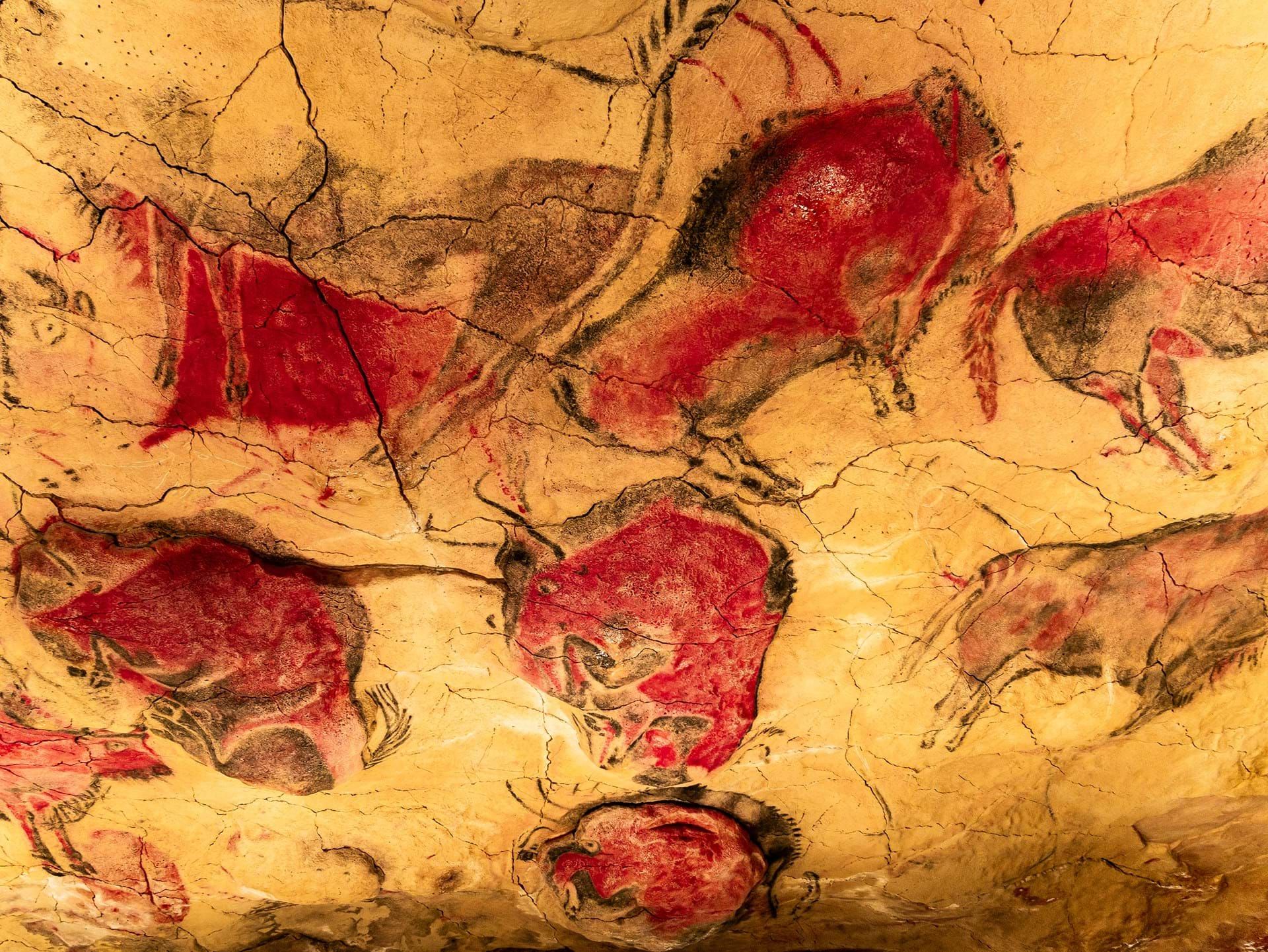
Our Guides
NEWSLETTER
Opt-in to our email newsletter and hear about new offers first – view our privacy policy for details.
